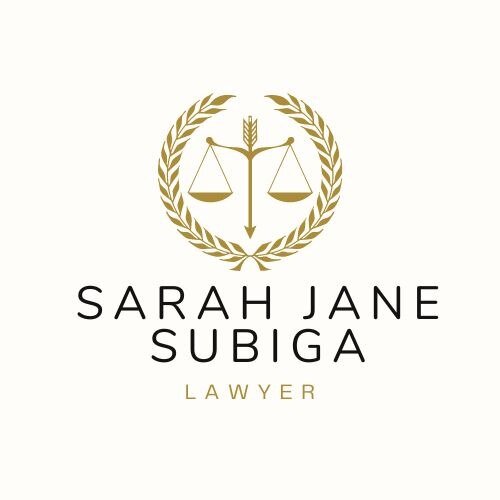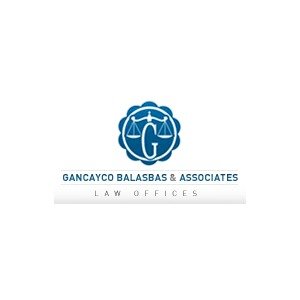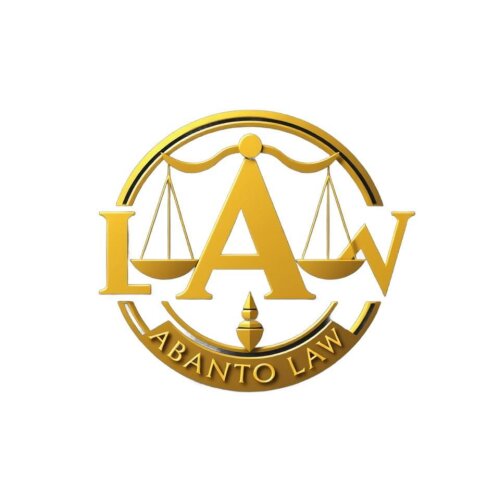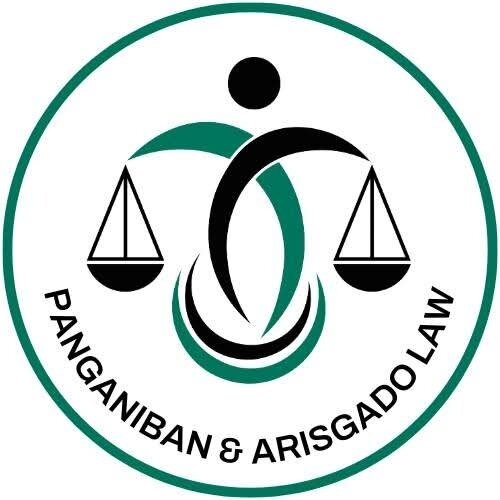Best Debt & Collection Lawyers in Philippines
Share your needs with us, get contacted by law firms.
Free. Takes 2 min.
Or refine your search by selecting a city:
List of the best lawyers in Philippines
Philippines Debt & Collection Legal Questions answered by Lawyers
Browse our 5 legal questions about Debt & Collection in Philippines and read the lawyer answers, or ask your own questions for free.
- The co-maker used the money and when they died, is your partner obligated to pay for it?
- My account is in debt to my sister and she is my co-maker. She passed away. Can her husband pay his wife's debt even though her wife is a co-maker?
-
Lawyer answer by Recososa Law Firm
Hello: Under Philippine law, the obligation of a co-maker in a loan contract is solidary in nature, meaning the lender may go after any one of the signatories, including you, for the entire obligation. The death of a co-maker does...
Read full answer - We have a lot of debts with different loan platforms that would be around 300,000
- We would like to seek assistance though we both have work as of now by paying the interest monthly greatly impacted our living expenses such as foods rent and utilities we would like to know a way to have a sustainable living for our 2 kids but still responsibly paying... Read more →
-
Lawyer answer by Islaw - Expert Lawyers
Subject: Re: Request for Assistance with Debt and Living ExpensesDear,Thank you for reaching out and sharing your situation with us. We understand how challenging it can be to balance financial responsibilities while ensuring a stable and healthy environment for your...
Read full answer - Can a lender sell the property pledged by default lender?
- The lender pledged her share of the inherited house to a borrower. Borrower defaulted in payments. The borrower has no other property.
-
About Debt & Collection Law in Philippines
Debt and collection law in the Philippines governs the legal framework and mechanisms for creditors to collect debts from borrowers. This area of law seeks to protect both the rights of the lenders to be repaid and the rights of borrowers to fair treatment. The country's legal system provides a range of options for creditors seeking to recover unpaid debts, including amicable settlement, collection letters, and legal proceedings such as small claims and regular court actions. Additionally, the law outlines specific guidelines creditors must follow to ensure ethical and unlawful debt collection practices.
Why You May Need a Lawyer
Engaging a lawyer may become essential in various situations involving debt and collection issues. Some common scenarios include:
- Receiving persistent or harassing communication from debt collectors.
- Facing a lawsuit for unpaid debts and needing representation in court.
- Disputing the amount owed or the validity of the debt itself.
- Considering filing for bankruptcy due to overwhelming debts.
- Ensuring that repayment plans or settlements are legally sound and enforceable.
- Assisting with drafting or responding to formal legal documents related to debt collection.
Local Laws Overview
The key aspects of local laws related to debt and collection in the Philippines include:
- Fair Debt Collection Practices: There are laws prohibiting abusive, deceptive, and unfair debt collection practices.
- Small Claims Courts: For debt amounts not exceeding PHP 400,000, small claims courts offer a simpler, quicker process.
- Prescription of Actions: Different types of debts have specific periods within which a creditor can file a case, known as the prescription period.
- Bank Secrecy Laws: These laws protect the privacy of an individual's bank deposits against unauthorized access.
- Bankruptcy Proceedings: The local legal framework allows for voluntary or involuntary insolvency proceedings under certain conditions.
Frequently Asked Questions
What are my rights if a debt collector contacts me?
You have the right to fair treatment by debt collectors, including protection from harassment, misrepresentation, and disclosure of your debt information to third parties without your consent.
Can a debt collector call me at work?
Yes, but if you do not wish to be contacted at work, you can inform the debt collector, and they are obliged to comply with such a request.
What should I do if I dispute a debt?
You should send a written dispute to the debt collector stating the reasons for your disagreement. The collector must cease collection until the debt is verified.
What happens if I ignore a debt collector?
Ignoring a debt collector does not eliminate your debt. They may file a lawsuit which could result in a court order to pay the debt and additional legal expenses.
Can a creditor seize my bank account for unpaid debts?
Creditors can request a court order to garnish your bank account, but they must follow legal procedures and obtain a favorable judgment.
How are payments applied when I make a payment on an outstanding debt?
Payments are typically applied to reduce interest and penalties first, with any remaining amount applied to the principal debt. It's best to verify this with your creditor.
What is the prescription period for debts in the Philippines?
The prescription period generally depends on the type of debt. Personal loans and similar obligations often have a 10-year period, while open accounts may prescribe in 6 years.
Is debt settlement an option for dealing with debt?
Yes, debt settlement is an option where you negotiate with your creditor to pay less than the full amount owed to settle the debt.
What are the advantages of using a small claims court?
Small claims courts are beneficial as they are more time-efficient and cost-effective than regular court processes, especially for smaller debts.
Can I represent myself in a debt collection suit?
Yes, individuals can represent themselves, especially in small claims cases, but seeking legal counsel is advisable for more complex litigation.
Additional Resources
For further assistance and information, you may contact the following organizations and bodies related to debt and collection:
- Philippine Bar Association
- Consumer Protection Group of the Department of Trade and Industry
- Bureau of Internal Revenue for taxes related to debt settlements
- Credit Management Association of the Philippines
Next Steps
If you require legal assistance in debt and collection matters, consider these steps:
- Research and contact a lawyer specializing in debt and collection law to discuss your case.
- Prepare all relevant documents and communication evidence related to the debt.
- Consider mediation or settlement as a first step before pursuing litigation.
- Visit legal forums or clinics for free advice sessions to assess your options.
- Stay informed about your rights and obligations to make informed decisions.
Lawzana helps you find the best lawyers and law firms in Philippines through a curated and pre-screened list of qualified legal professionals. Our platform offers rankings and detailed profiles of attorneys and law firms, allowing you to compare based on practice areas, including Debt & Collection, experience, and client feedback.
Each profile includes a description of the firm's areas of practice, client reviews, team members and partners, year of establishment, spoken languages, office locations, contact information, social media presence, and any published articles or resources. Most firms on our platform speak English and are experienced in both local and international legal matters.
Get a quote from top-rated law firms in Philippines — quickly, securely, and without unnecessary hassle.
Disclaimer:
The information provided on this page is for general informational purposes only and does not constitute legal advice. While we strive to ensure the accuracy and relevance of the content, legal information may change over time, and interpretations of the law can vary. You should always consult with a qualified legal professional for advice specific to your situation.
We disclaim all liability for actions taken or not taken based on the content of this page. If you believe any information is incorrect or outdated, please contact us, and we will review and update it where appropriate.
Browse debt & collection law firms by city in Philippines
Refine your search by selecting a city.

















